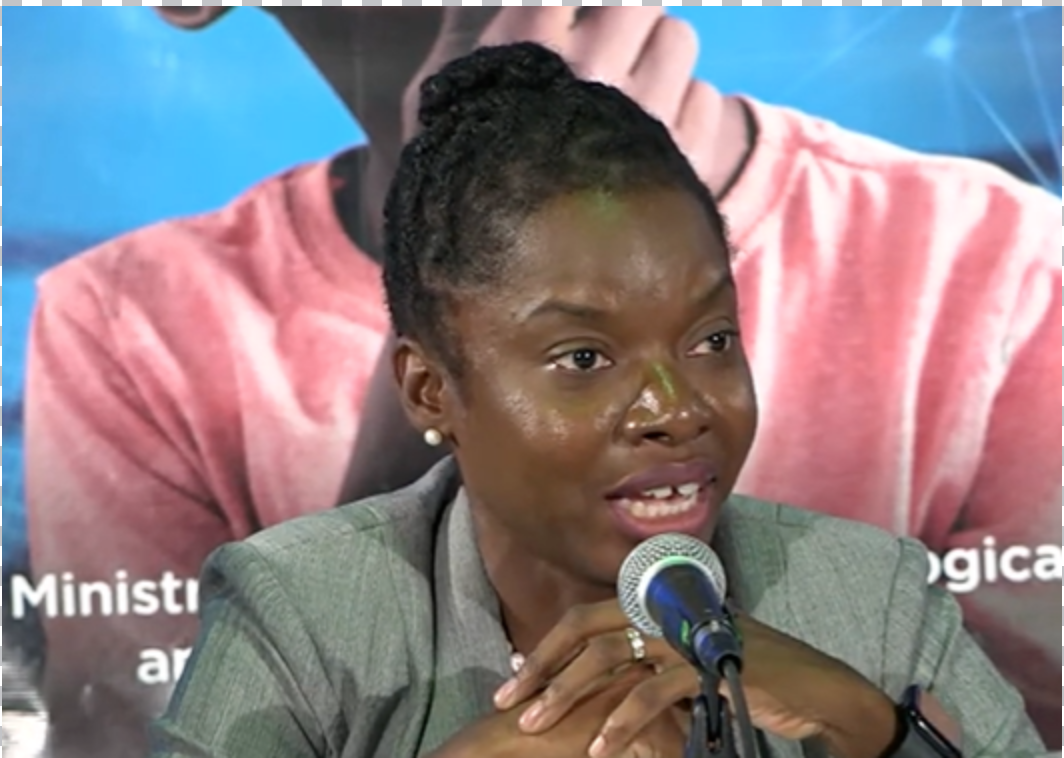Ministry of Education Commissions Audit to Assess Resources for Proposed Educational Reform

November 17, 2023
The Ministry of Education is conducting an audit to assess the country's resources for educational reform. Results will be available in February, and partnerships are sought for development.
The Ministry of Education has commissioned an audit of the country’s educational landscape to determine if there are enough physical and human resources to facilitate the highly touted proposed reform.
Chief Education Officer Dr Ramona Archer-Bradshaw confirmed that the audit is in progress and the results should be passed onto the ministry by February next year. She said the consultant conducting the examination is close to completing the project.
The education chief was speaking at Wednesday night’s Public Consultation on Educational Reform held at the Deighton Griffith Secondary School where participants heard of the plans to take the sector forward with major changes to the approach at every stage of schooling.
Outlining the roadmap to a 2025 rollout of a renewed education sector, including reformed curricula, Dr Archer-Bradshaw said it is hoped that Cabinet approval for the proposed reform would come by December or by early January next year so that implementation could be more clearly defined.
Also included in the ministry’s delegation sitting at the head table was the Consultant on Education Transformation Dr Idamay Denny who noted that “education is not cheap” and Barbados must seek to engage with partners to advance the sector and provide a bright future for the nation’s children.
“Even though the government puts significant amounts in education, the government is not going to be able to do this on its own and, therefore, we have to develop a number of partnerships,” she said. “All the schools have to draw on their alumni, we have to draw on the private sector. Who is the greatest beneficiary of education in Barbados? Those people who have businesses, who get the people who learn well in their businesses. Therefore, we have to encourage them to form partnerships so they can participate in the development of our students.”
Later in the session, Dr Denny said in answer to a question from contributor Rose Corbin that she still could not place a price on the education reform initiative, but added, that it would be “good debt”.
“If the government has to borrow through its nose to make sure that those young people have the chance of a bright future, then it is good debt. It does not matter how much it costs, as long as it addresses the needs of all of our children.”
She added: “Investment in education is good debt to get into. It is imperative that the government involves itself in debt to provide for those children [whose parents cannot afford pre-primary education].”
Noting that those disadvantaged children may continue to trail in the education system, Dr Denny said: “As they get to the secondary level, some of them are so far behind that they are not achieving in school at all, and the next thing that happens is that some principals tell them ‘you are not doing any work, you are not achieving anything, you have to leave’. And where do they go? They go on the street corners, they go on the block, then they begin coming into my house and yours wanting to take everything that we have worked hard for. We have to stop that from happening.”
She said giving each child the opportunity to be prepared for good employment or to create their own, will change that course. (SP)


